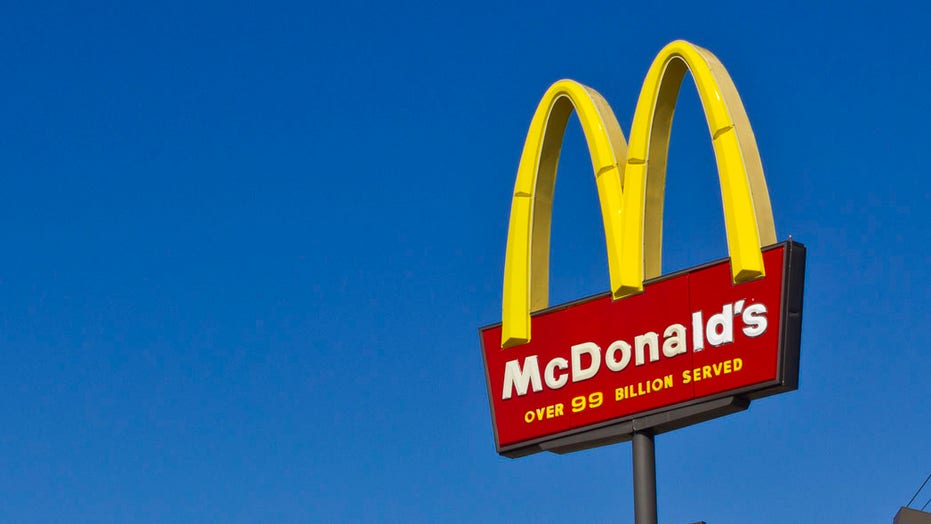
While we often think of dysentery as something we get from playing "Oregon Trail", it's actually still prevalent to this day. Dysentery is caused by bacteria in your gut, and is most often caused by eating contaminated foods. Most stories of people getting dysentery are from travelers going to India or China where the food safety standards are not as high as the United States. Locals, having built up a resistance to the bacteria, but travelers are especially susceptible. For ordinary people, getting dysentery means missing out on a few days of exciting sightseeing. But what about professional athletes, whose sole purpose in life is to stay as physically fit as they can? The answer, surprisingly, is globalization.
Athletes such as Usain Bolt who want to stay healthy during international visits turn to McDonald's to satisfy their nutritional needs. Unlike hotels or local restaurants, McDonald's sources all of their food from reputable sources as they want to maintain a good public image. That means that the chicken nuggets you get here in America are exactly the same as the ones you would get in China. Usain Bolt, taking advantage of this fact, ate 100 chicken nuggets a day during the 10 days he spent in Beijing for the Olympics. While eating only chicken nuggets might get boring after a meal or two, for some athletes it's an acceptable price to pay.
While having these notable "American" brands does take business from local restaurants and spreads the American way of eating unhealthy foods to other cultures, I still think that the fast food companies' expansion to foreign markets is a benefit. It allows areas with the restaurants to experience economic growth in the form of jobs, skills, and benefits that can boost workers towards a higher economic status. Avoiding the diarrhea is another benefit too, but I don't know many tourists who only eat McDonald's.
https://time.com/3912896/usain-bolt-chicken-mcnuggets-olympics/
https://corporate.mcdonalds.com/corpmcd/scale-for-good/our-food.html
https://business.financialpost.com/opinion/how-greedy-mcdonalds-became-the-most-effective-poverty-fighter-in-the-country


This is an interesting perspective, as there are many people who think the globalization of McDonald' does more bad than good due to the obesity epidemic. On a side note, to relate this to our econ class, health impacts, change in restaurant competition, and change in food safety standards are examples of externalities.
ReplyDeleteI like how you used Usain Bolt as an example, because it was almost ironic in a way - a famous athlete, who is supposed to be an example of health turns to McDonalds for his meals. While there is globalization, it is interesting to see how different the same companies are in different countries. I see different types of deserts and fries that I have never seen from the McDonald's in Mountain view being offered at McDonald's in Asian Countries and Spain. It is strange that the quality is different in different countries as well as the menu.
ReplyDelete